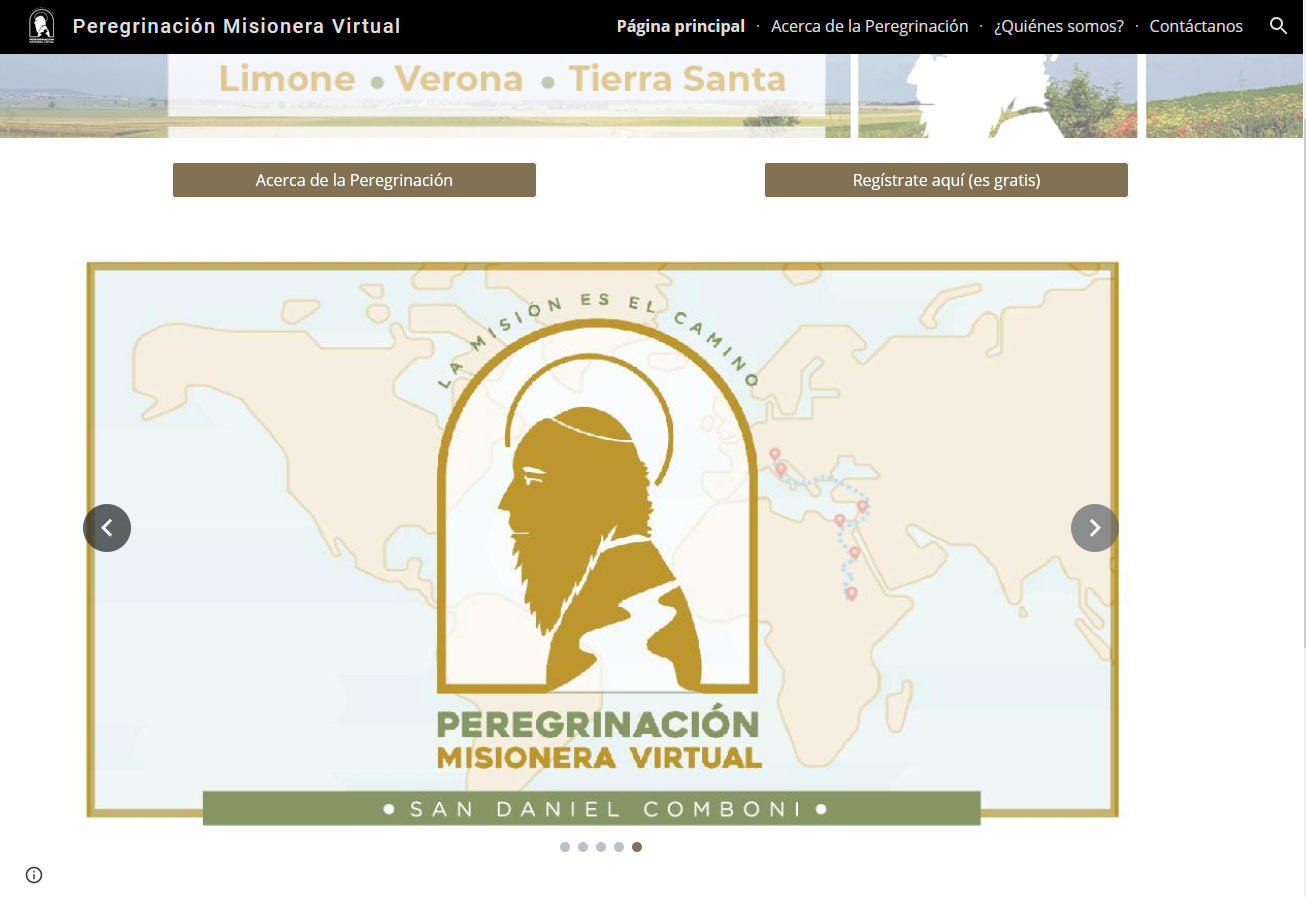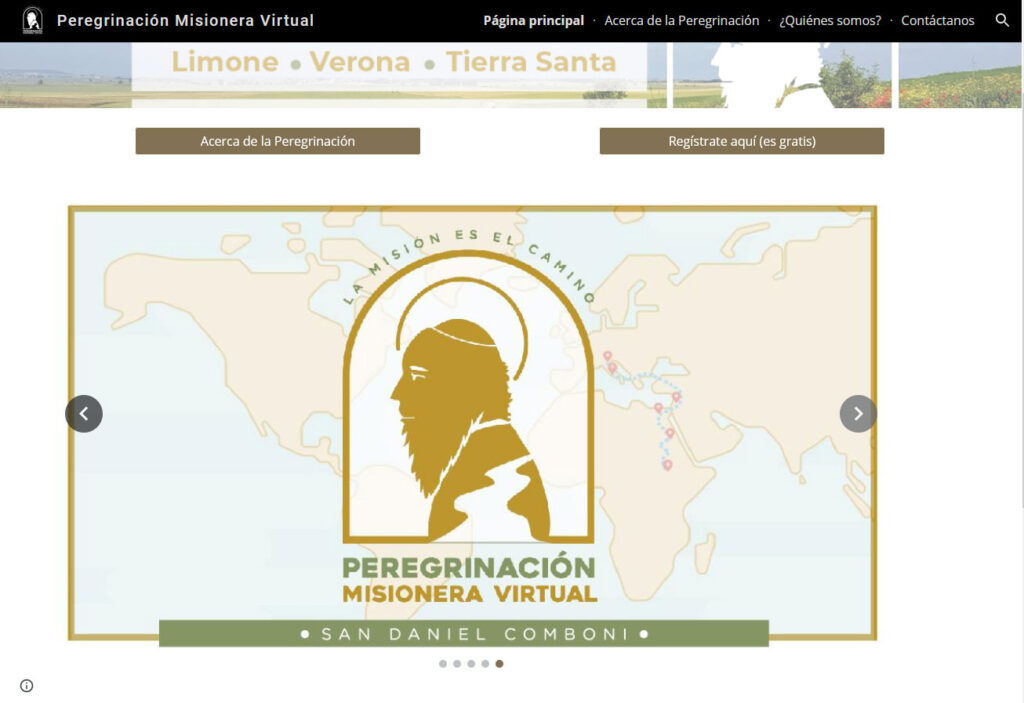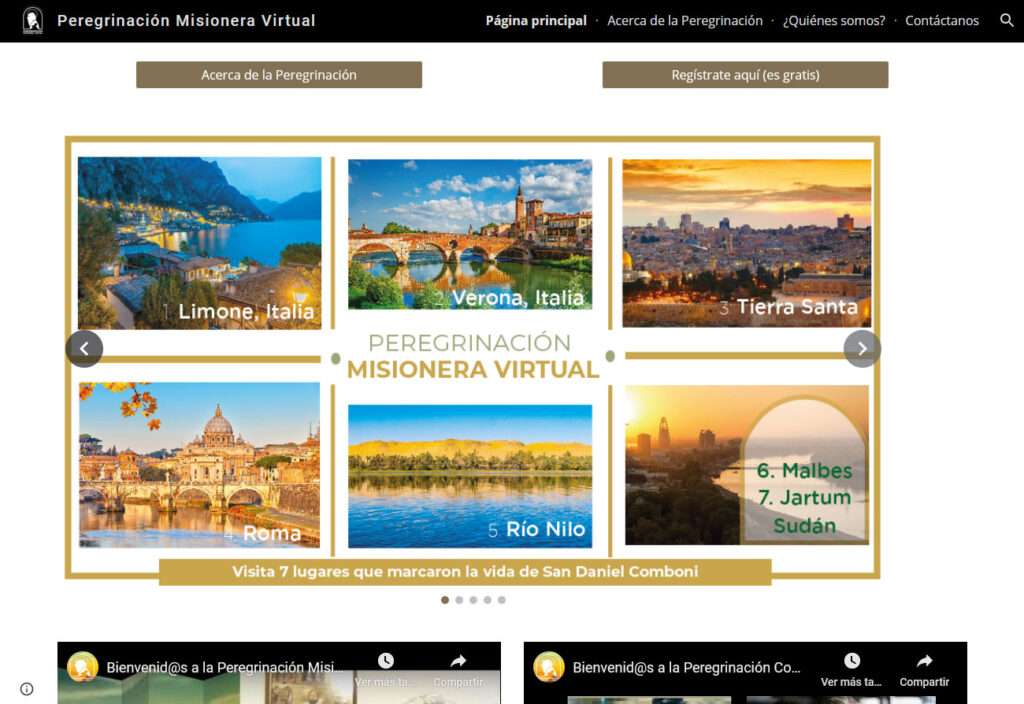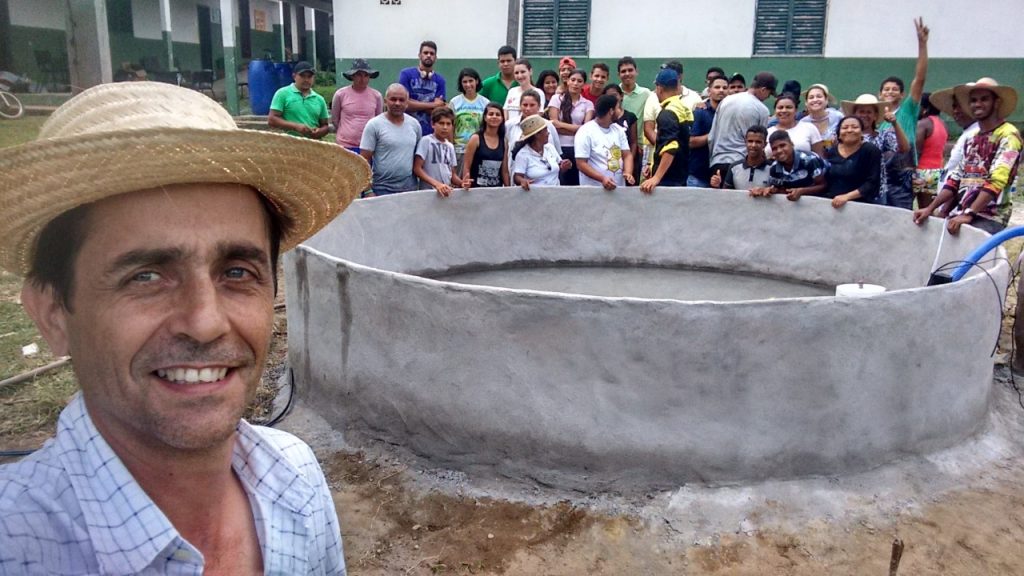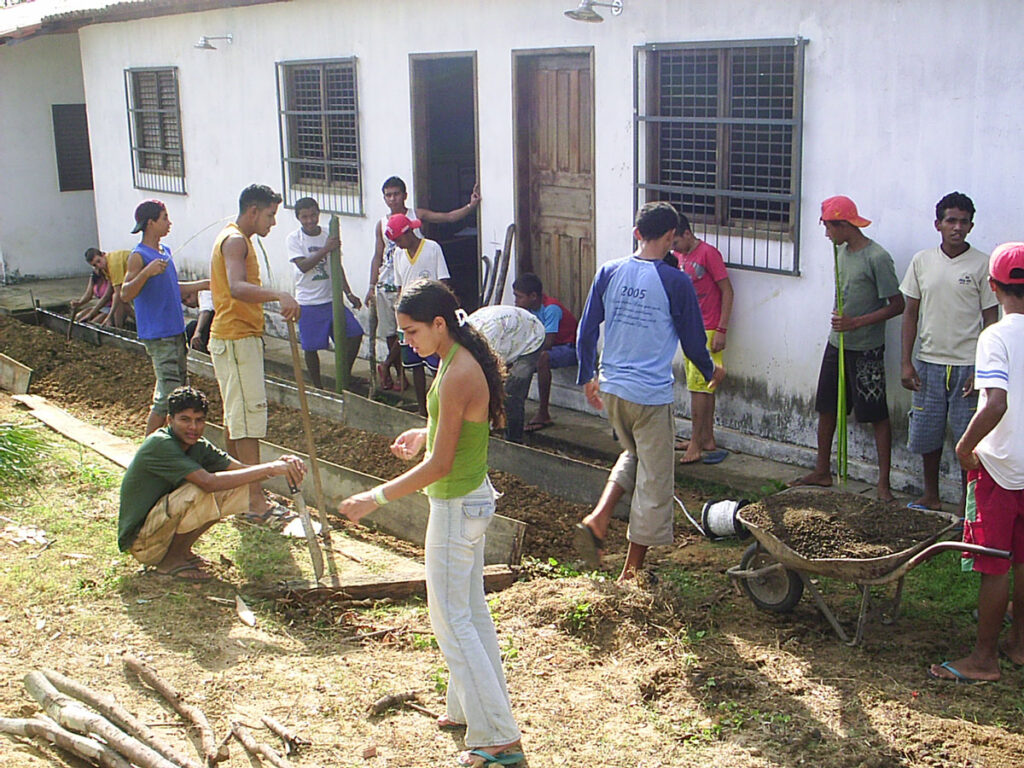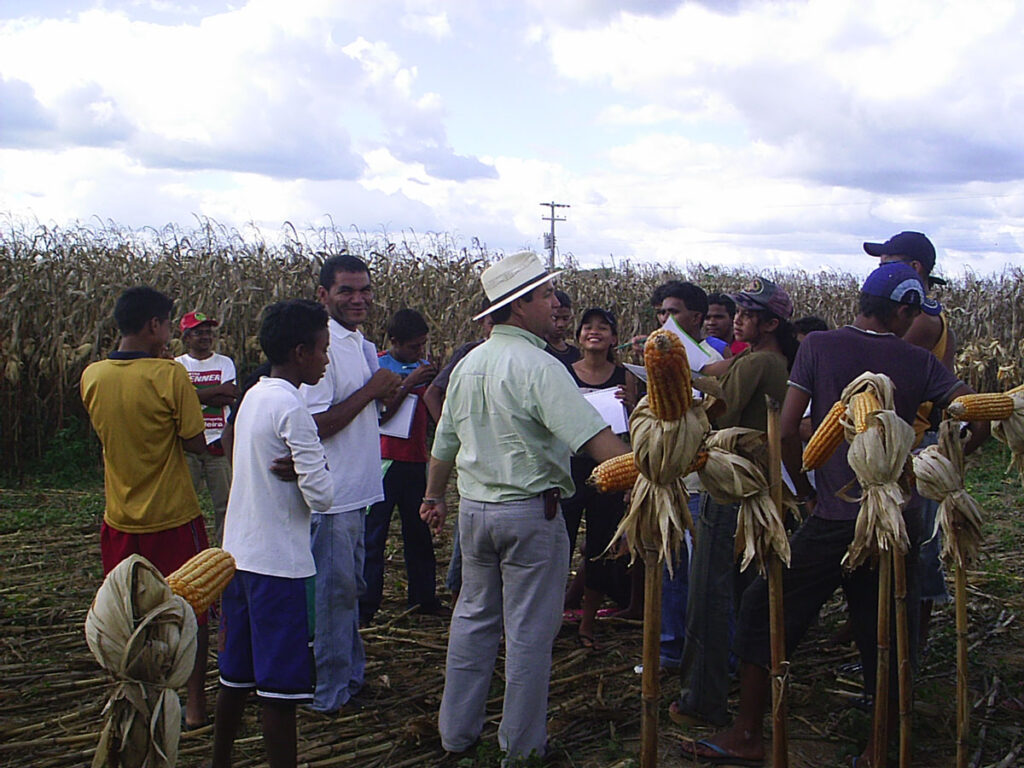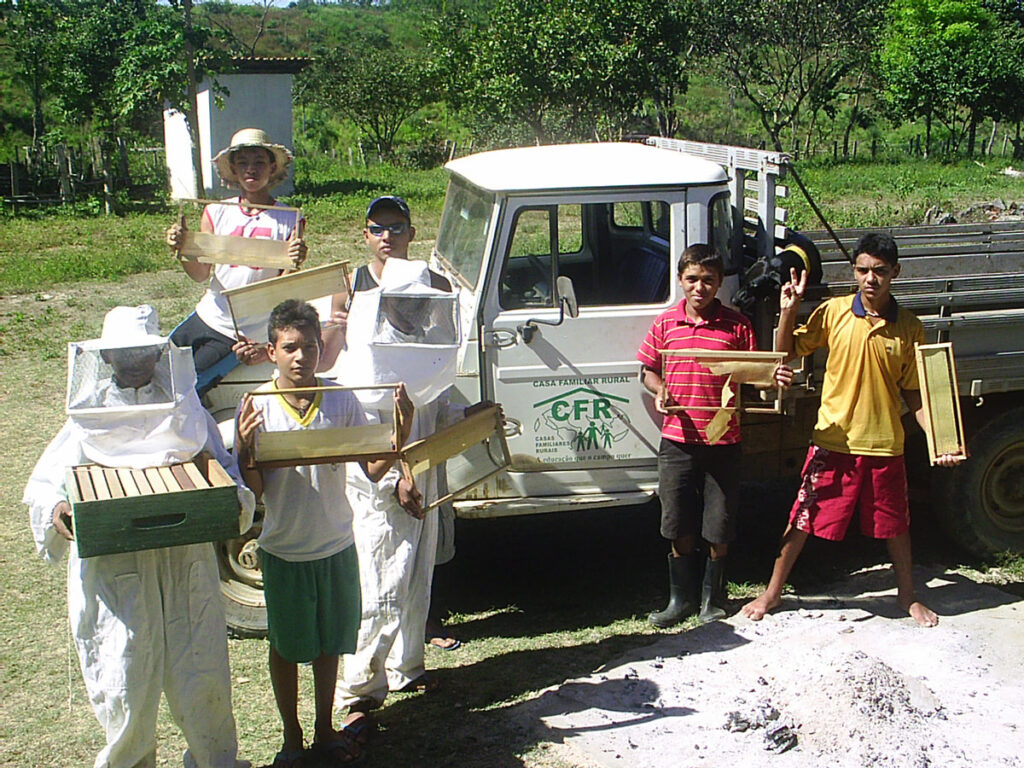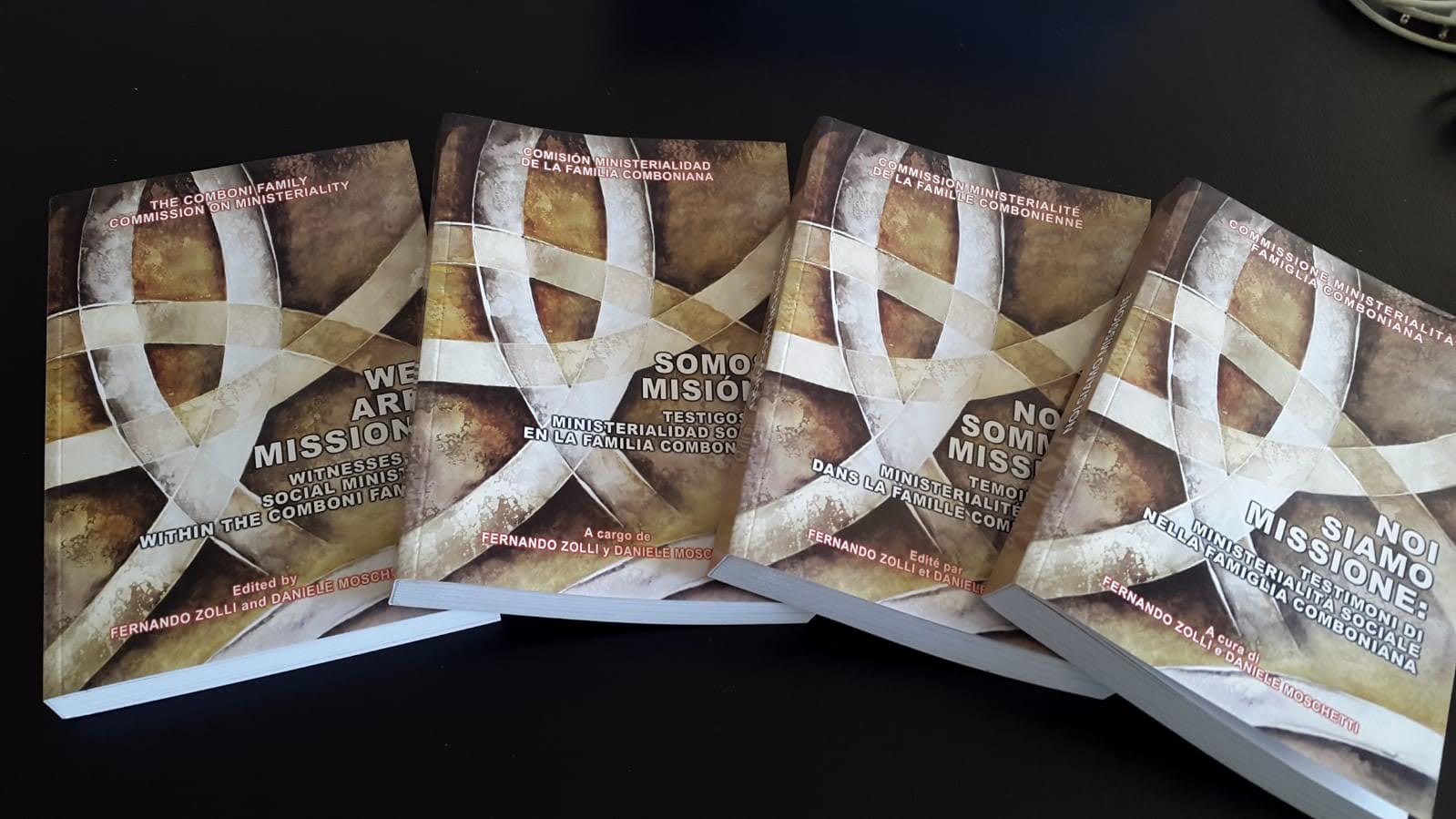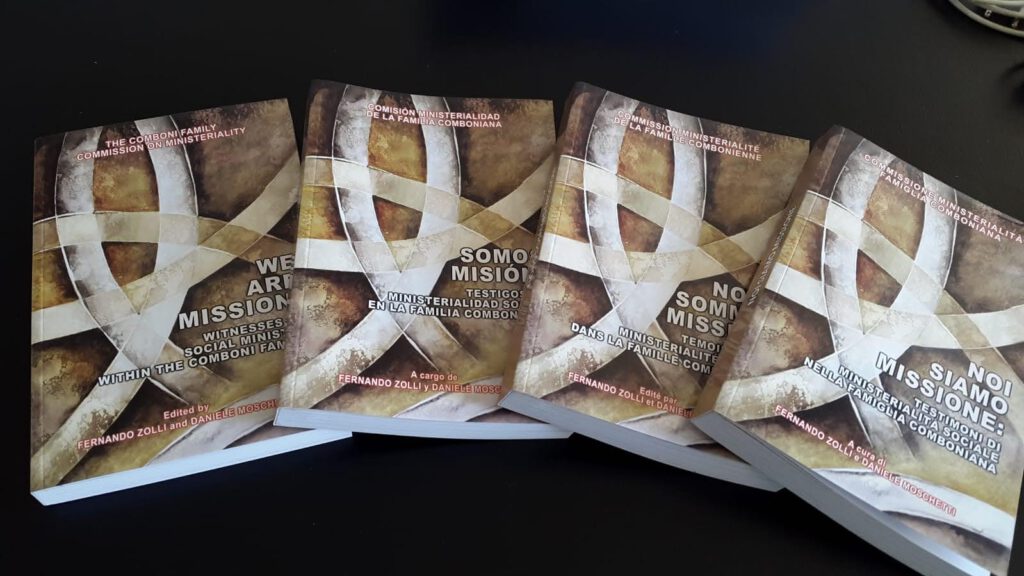
Introduction
This article is intended to be a simple and brief contribution to the process of reflection and sharing on the theme of ministeriality in Biblical texts. Given that the abstract noun “ministeriality” is not to be found in Sacred Scripture, our approach will be based on the semantic plurality of the term “minister”. It is important at this point to emphasise that our text does not include all the Biblical terms equivalent to “minister”, or to study the so-called Biblical ministries such as those of priests, kings, prophets, apostles, evangelists, pastors or doctors. We will limit ourselves, therefore, to taking up some theological-linguistic elements associated with the terms and afterwards share, by way of conclusion, a brief reflection and some questions in view of possible further study of the theme.
1. A general outline of Biblical terms equivalent to “minister!
1.1 In the Old Testament
1.1.1 MESHARET
The root of this Hebrew word signified any form of service. In the context of our theme: the service of Joshua to Moses in Ex 24,13; 33,11, Nb 11,28 and Jos 1,1. In these texts, MESHARET means minister, a direct helper, a disciple. In fact, Moses would bring Joshua to his encounters with God on the mountain and in the tent. The ministry of Joshua consisted in helping Moses to understand the message of God and then transmit it to the people. Interestingly, these texts show that being a minister is a stage in the preparation to be a guide, or a true discipleship. Therefore, MESHARET goes back to the theme of the disciple-master relationship, of being able to learn in order to continue a mission or a ministry. From this perspective, the concept of MESHARET gives us to understand that, in the disciple-master relationship, the disciple learns not only from the master but from reality. In other words, reality becomes the master. This shows that the minister is a disciple both of the Lord and of reality.
1.1.2 EBED
Another term used in the Old Testament to signify ministry is EBED. This term indicates not only the common service of any person working under a master, as in the case of Naaman (2 K 5, 6), but also subordination to divine plans as in the case of the servant of God (EBED ADONAI or EBED HA–ELOHIM) in Is 42, 1-4; 49, 1-6; 50, 4-9; 52, 13-15; 53, 1-12. Even though exegetes do not all agree on the historic identity of the EBED ADONAI, the texts clearly show submission to the plans of God and the condition for realising the mission received.
1.2In the New Testament
In the case of the New Testament )NT), the following terms merit discussion:
1.2.1 PAIS/DOULOS
In ordinary language, PAIS means ‘child’. In Mt 12, 18, however, the Greek version of Is 42,1 is used in which the term PAIS is translated with the Hebrew meaning of EBED (servant), to show that Jesus is the Servant of God. With the same intuition, after Pentecost, under the Jerusalem portico, Peter declares for the first time that Jesus is the Servant of God (Ac 3,13). In effect, Peter was so moved by the image of Jesus-Servant that this became the reference point of his first preaching, after Pentecost. In this way, he presents the image of Jesus-Servant as the paradigm of any service whatever in the nascent Church. Textual proof of this is to be found in the semantic transposition made in the NT of the terms PAIS (child, servant) and DOULOS (slave, servant). Here we must be careful: addressing the apostles in Jn 15,15, Jesus qualifies his relationship with them as one of friendship and not of service or slavery. Furthermore, the term DOULOS (servant) continues to characterise the mission of the disciples. Jesus recommends that interpersonal relations be marked by the attitudes and sentiments of a servant and that they must be adopted by anyone who wishes to be great in the Kingdom of Heaven (Mt 20,27; Mk 10,44). It is also worth noting that DOULOS is the title with which Paul presents himself to his communities (Rm 1,1; 2 Cor 4,5; Gal 1,10; Ep 6,6; Ph 1,1; Tt 1,1). Some Christians are called servants (DOULOI) in Col 4,12; 2 Tm 2,14; Jm 1,1. Peter, Jude and the whole Church are DOULOI of Christ according to 2 P 1,1; Jude 1,1; Ac 1,1. We may then see that the terms PAIS and DOULOS become synonymous and Jesus-Servant becomes the unique paradigm in the exercise of ministries.
1.2.2 LEITOURGOS
Three meanings of this term merit particular attention:
- indicates public servants and administrators who are called servants of God for the zeal with which they carry out their duties (Rm 13,6). The Christian must be submissive to them and pray for them that they may live tranquil, peaceful, pious and honest lives (2 Tm 2,2).
- The one who announces the Gospel of Jesus Christ to those who do not know Him, so that they may become an offering pleasing to Him, is also called LEITOURGOS (Rm 15,16).
- The term is also applied to Jesus to indicate his ministry as mediator between God and humankind (Heb 8,2). It is also interesting that, in the NT, by this term, the ministry of the public servant is seen as equal to that of the evangeliser because both, inspired by Jesus the Mediator, serve the same God. As we have just seen, being inspired by Jesus the Mediator means assuming and performing, within and outside the Church, the priestly dimension of the ministries. All the ministries, without exception, are clothed in a priestly dimension or, in other words, the mediation between the Creator and creation.
1.2.3 HYPĒRETES
As regards the term HYPĒRETES, we find it means only “minister of the Word” (Lk 1,2; Ac 26,16). In these texts, the experience of Christ is seen as a necessary condition for the exercise of the ministry. We need only see that the “servants of the Word”, mentioned in Lk 1,2, are eyewitnesses. Saul, in Ac 26,16, is constituted servant and witness of what he had just seen and of what the Lord still had to show him. From these passages, the idea emerges that ministries are born of the experience of Christ and take nourishment from it.
1.2.4 DIAKONOS
The term is widely used in the NT, but in different contexts and with different meanings. Fundamentally, we do well to examine the following: DIAKONOS is the person who receives the mission to serve the Church. Stephen and his friends are deacons since they carry out the charitable works of the community (Ac 6,1-6); Paul and Apollos, however much they work tirelessly in evangelisation, prefer to be considered simply deacons (DIAKONOI) of the Church (1 Cor 3,5-15); Tychicus (Ep 6,21), Epaphras (Col 1,7) and Timothy (1 Tt 3,2) are DIAKONOI since they collaborate more directly in evangelisation. Even Jesus Christ is a DIAKONOS since he did not come to be served but to serve and give his life as a ransom for many (Mt 28,28; Mk 10,45; Rm 15,8). Assistance to the neediest is considered not only a DIAKONIA (ministry, service) but a necessary condition to have a place in the Kingdom of Heaven (Mt 25,31-46). In particular, it is of help to highlight the texts on the inferiority of the DIAKONOS: Lk 12,37 22,26-27. The DIAKONOS is inferior to God and the people entrusted to him. In effect, it seems that this was an important characteristic of ministries in the first Christian communities.
1.2.5 OIKONOMOS
The OIKONOMOS is the administrator who looks after the property of his master. It must be noted that, in the Pauline and Petrine traditions, all Christians are called OIKONOMOI since they administer the graces of God (1 Cor 4,1-2; 1 Pt 4,10). The symbolism of the administrator of the house is indeed striking as it insists on the duty of every Christian to have a ministry. In this way, the ministers are seen as a way of administering the OIKOS (dwelling, house) of God (1 Cor 3,5-9).
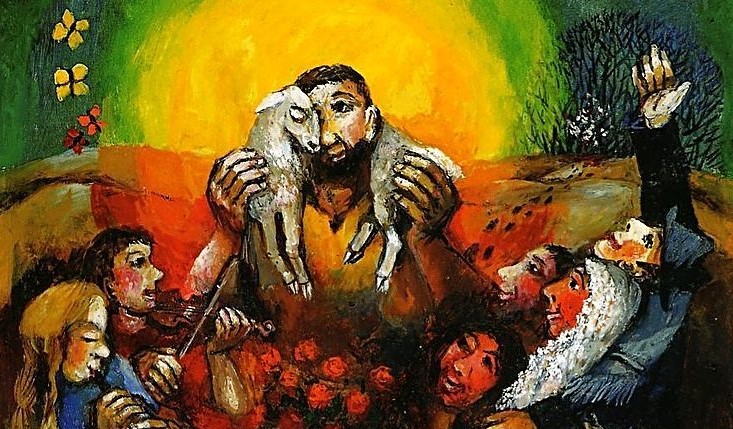
2. Reflection
The semantic riches which we have already mentioned are not to be seen as mere linguistic research, for its own sake, of Biblical authors but as clear proof of the diversity of ministerial experiences among the people of Israel and the first Christian communities. In the same way, these semantic riches serve as a foundation and inspiration for the continual contextualisation of ministries.
2.1 A diversity of ministerial experiences
From what we have said above, it is clear that the various experiences of ministeriality recorded in the sacred texts are of interest to hagiographers to present, through them, a God who raises up ministries at the service of His house. We bear in mind that, in the NT, house of God (OIKOS TOU THEOU) indicates, strictly speaking, the Church of Christ (1 Tm 3,15; Heb 3,6) and, in a broader sense, the entire universe (At 7,44-50). The inherent complexity of the concepts shows the importance of deepening not only the meaning of the expression “house of God”, but also the ministries required for its integral administration. The house of God is so complex that it is not possible to administer it without a vast range of ministries. It is urgent, therefore, to stimulate the birth of new ministries within and outside the Church. In this sense, the Comboni Missionaries are called to animate this process that today, more than ever, seems to be a conditio sine qua non for the evangelisation of the contemporary world.
2.2 Contextualisation of ministries
The various experiences of ministeriality in the Bible are accompanied by a process contextualisation, making ministries fit for a given context. For Comboni Missionaries, contextualisation brings with it two intrinsically interdependent processes: the process ad intra and the process ad extra. Ad intra because it requires a re-think of ministries and missionary commitments in light of the internal situation of the Institute (number of confreres, academic formation, vocational geographics, the financial situation, etc.). Ad extra because it challenges us to identify, in the context in which we work, people, means and methods to promote, with and through these, new ministries or the actualisation of those already in existence. Both processes require realism, courage and optimism. It is to be noted that, in the process of the contextualisation of ministries, assumed either individually or as a group, the contextualised reading of Sacred Scripture plays an irreplaceable role. For this reason, it is fundamental to re-learn the Bible, starting from the context of the contemporary listener. Only in this way will it be possible to discover the ministries more suitable for each situation.
3. Study questions
a) In what does the “inferiority of the minister” consist, as applied to Comboni missionaries?
b) Do we see the need for new ministries in the Church and Institute today? Which ones?
c) The house of God is immense and complex. How is it to be administered integrally?
d) Have we succeeded in contextualising the Comboni charism and the ministries associated with it?
e) Have we succeeded in contextualising our hermeneutics of Biblical texts, for the purpose of arousing ministries fit for the situation? What difficulties did we find?
Recommended Bibliography
COLLINS, J.N. (2014). Diakonia Studies: Critical Issues in Ministry. Oxford: Oxford University Press.
COMISSÃO Teológica Internacional. (2002). Da Diaconia de Cristo à Diaconia dos Apóstolos.
GUIJARRO, S. (2017). La Aportación del Análisis Contextual a la Exégesis de los Textos Bíblicos. Cuestiones Teológicas, 44 (102), 283-300.
KING, N. (2019). Ministry in the New Testament. New Blackfriars, 100 (1086), 155-164.
MĂCELARU, M.V. (2011). Discipleship in the Old Testament and Its Context: A Phenomenological Approach. Pleroma, 13 (2), 11-22.
Fr. José Joaquim L. Pedro, mccj




